Collaboration with the IAEA
Home > Collaboration with the IAEA > HICARE and IAEA Cohosted International Workshop on Biological and Internal Dosimetry (2024 FY)
HICARE and IAEA Cohosted International Workshop on Biological and Internal Dosimetry (2024 FY)
Title | HICARE/IAEA International Workshop on Biological and Internal Dosimetry: Development and Clinical Application of Biological Dosimetry Technology | |
Objective | To develop the ability to use mature and novel techniques in biological dosimetry for the estimation of radiation effects by medical exposure. | |
Dates | February 10-14, 2025 | |
Venue | Hiroshima University Research Institution for Radiation Biology and Medicine, Hiroshima University Hospital, Radiation Effects Research Foundation, (Including visiting to Hiroshima Peace Memorial Museum) | |
Participants | 13 Lecturers | ・Lecturer from IAEA Dr. Oleg Belyakov, IAEA ・12 lecturers invited by HICARE Hiroshima University, National Institute for Quantum and Radiological Science and Technology, Hirosaki University, Radiation Effects Research Foundation, Japan Atomic Energy Agency, Nagasaki University, Tohoku University |
19 Participants | ・Indonesia, Korea, Singapore, Thailand, Philippines, Vietnam, USA and Brazil | |
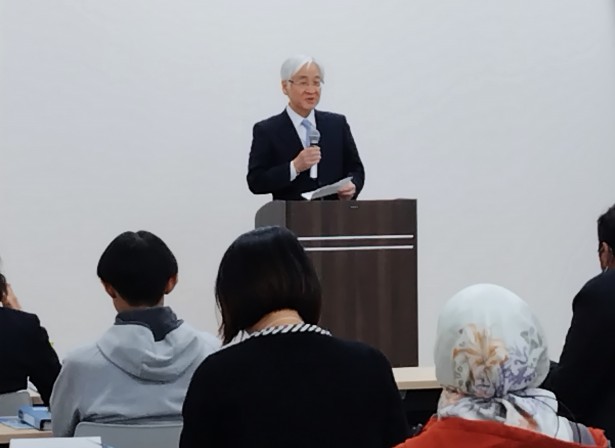
Opening remarks by Dr. Kamiya, President of HICARE
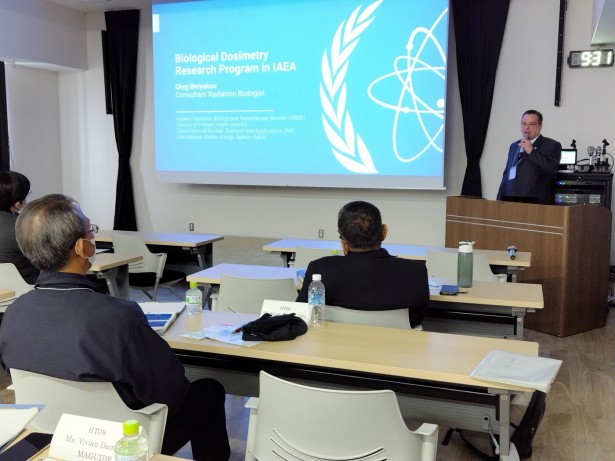
Course Director, Dr. Oleg Belyakov (IAEA)
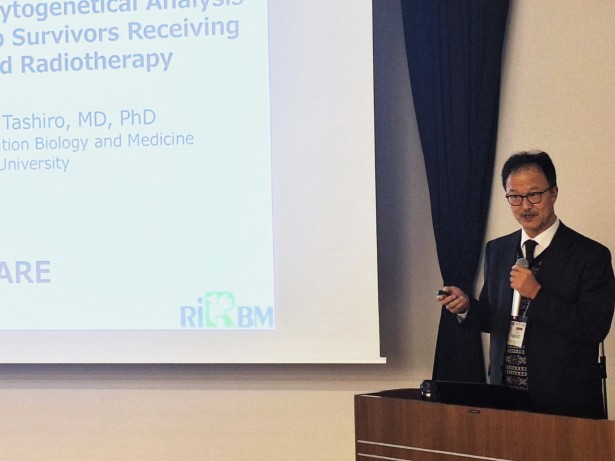
Co-Course Director, Prof. Tashiro (Hiroshima Univ. RIRBM)
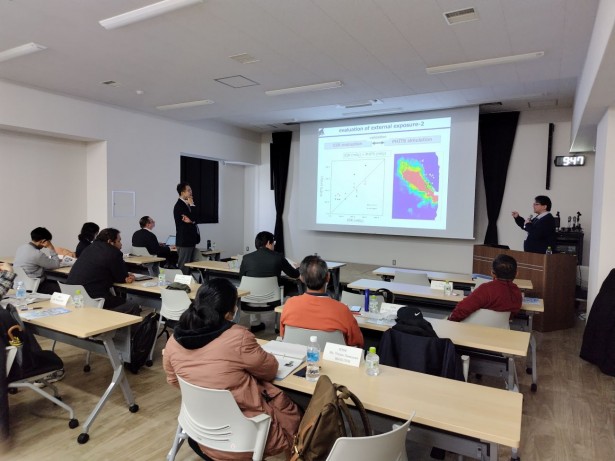
Lecture at Hiroshima Univ. RIRBM
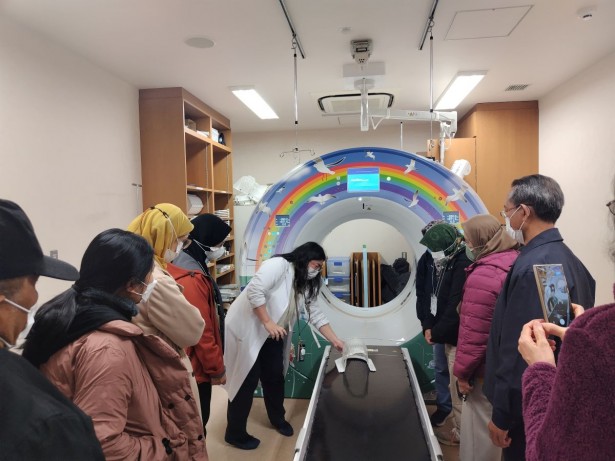
Training at Hiroshima University Hospital
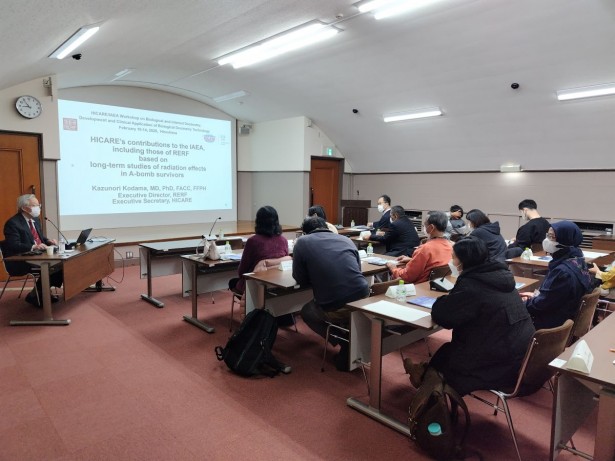
Training at RERF: Lectured by Dr. Kodama
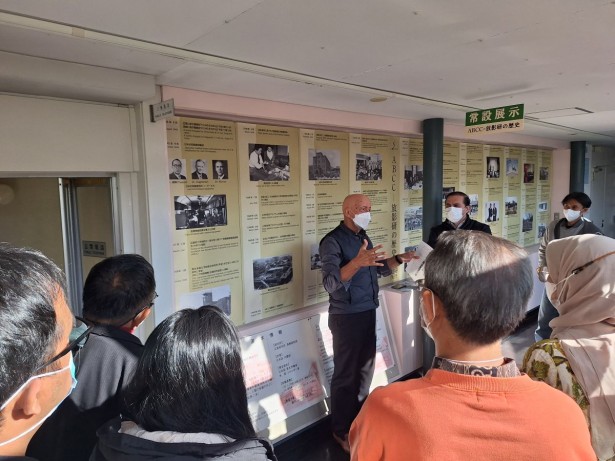
RERF site visit
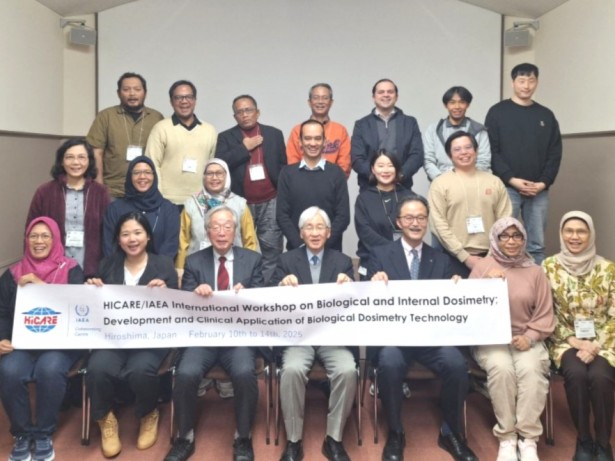
Group Photo at Closing Ceremony
Feedback:
- All lecturers are experienced professionals in their fields and provided enthusiastic and valuable guidance.
- I was able to enhance my expertise through a program that provided comprehensive learning of
a wide range of information
-Environmental protection assessment and emergency ESR measure ment were interesting topics that could be immediately applied
-I want to apply the safety standards and internal dose measurements learned in the training to improve workplace safety standards in the future
-The curriculum was excellent. I believe incorporating group discussions and practical exercises would further deepen the understanding.



